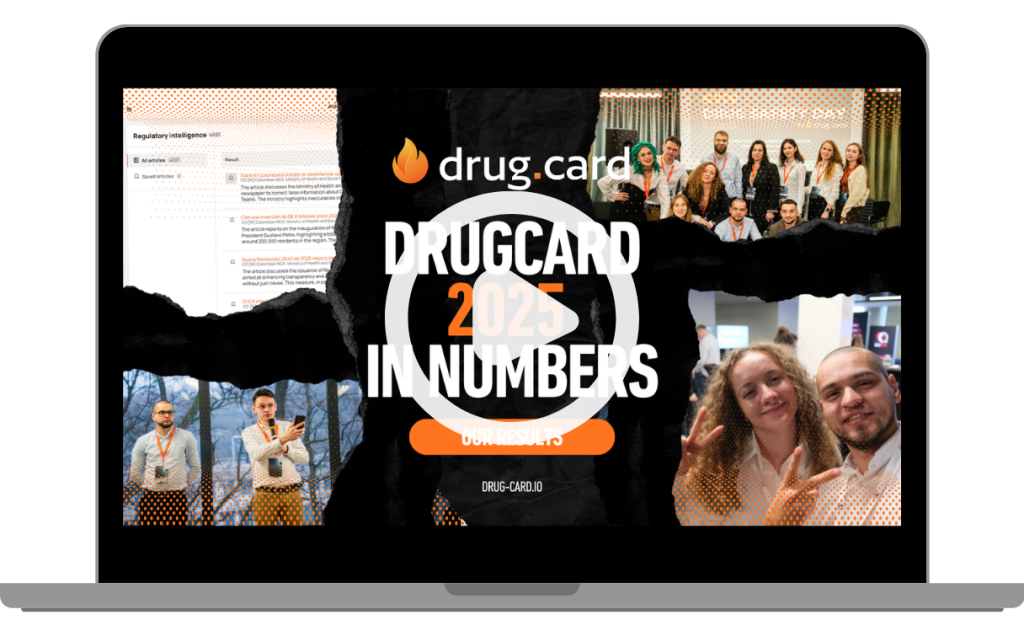AI-Driven Automated Pharmacovigilance Solutions
Streamline your drug safety routines with us
Our customers
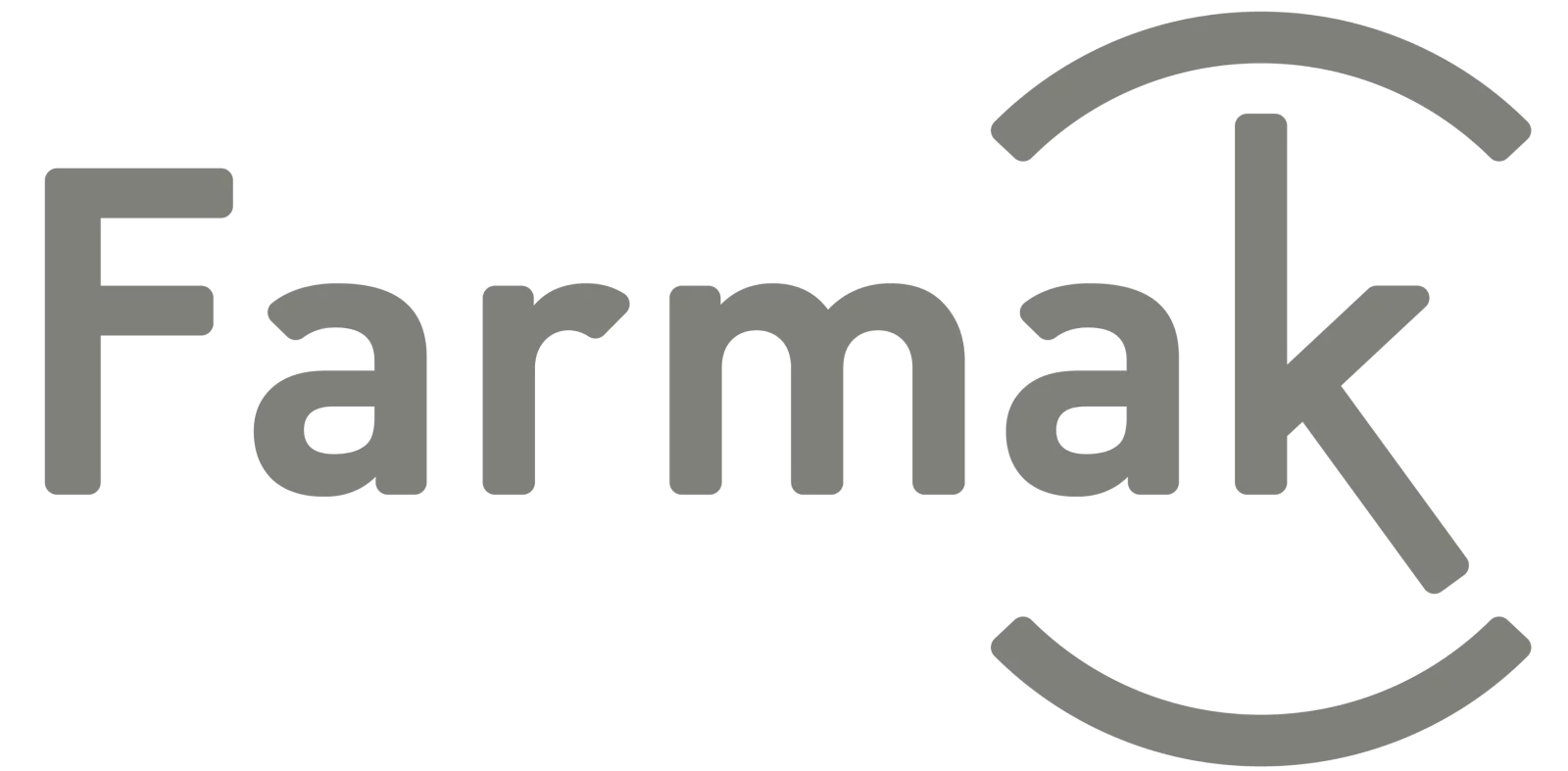
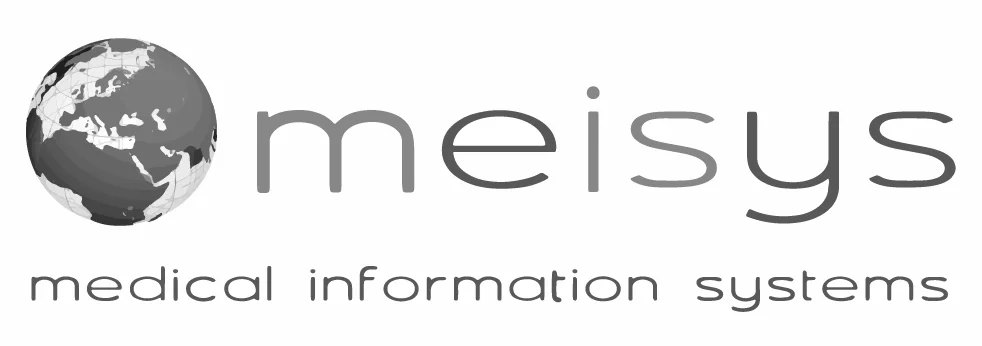


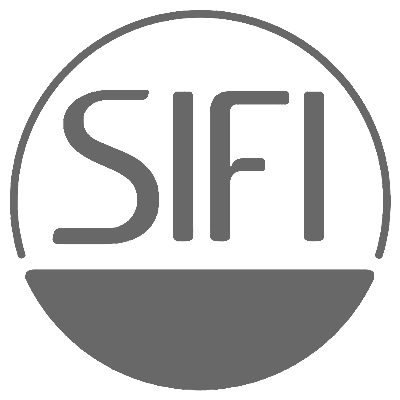

















Pharmacovigilance evolving rapidly.
We understand your pressures
the industry

Growth has slowed down as new aggressive entrants with AI-tech shake the status quo.
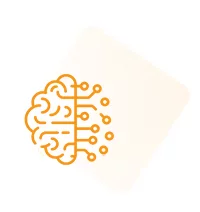
New heavy investments have longer paybacks while the change cycles have shrinked.
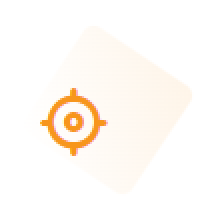
The number of audits has increased. More and more non-compliance cases and mitigations.
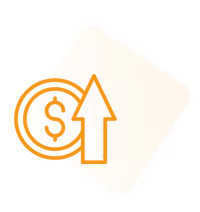
Good people leaving increases the retention costs, while the new talent costs more. Heavy investments in staff training and onboarding new talents.
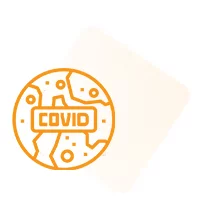
and harder
People are stressed and it is hard to predict their buying behaviors. Adverse reactions become more frequent.
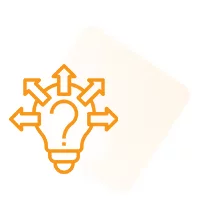
Entering new markets has become longer, less predictable, and more costly.

Global pressures dictate new requirements to drug safety processes
- Continuous and regular
- Traceable and transparent
- Accurate, complete, holistic
- Scalable to new markets
- Multi-language
- Multi-region suppliers
- CAPEX free investments
- Cost-effective
About DrugCard platform in numbers
Supported by DrugCard
Medical journals coverage
Countiniously monitored
Compared to human-only approach
Our Management Team

Chief Product Officer

Chief Executive Officer

Chief Technology Officer
DrugCard solution designed for

When pharma outsource PV processes to CROs, they expect the highest quality and maximum search results to ensure full compliance with regulatory requirements. CROs can no longer guarantee the best results if they continue to read journals from cover to cover manually. Progressive CROs continuously discover innovative methods and tools to make their pharma customers fully compliant and satisfied.

Outsourcing of literature screening to CROs has become so widespread and common in the last 5-7 years. However, we at DrugCard strongly believe that literature screening could be done more effectively, either in-house, at both a global and local level, or with very few contractors. Managing multiple CROs across several countries is becoming a nightmare for any MAH, creating compliance and reputation risks. DrugCard, its trusted partners, and loyal customers actively promote upgrading obsolete screening practices and help install new standards, high-performance screening methodology, and tools.

With DrugCard, freelancers providing literature screening and other outsourcing services can save up to 70% of their precious time and use it for other value-adding activities such as consulting, research, quality assurance, etc. Higher productivity, less work, more revenues!
Testimonials



Frequently Asked Questions
Based on our customer feedback 50-70% time-savings could be achieved. However, we strongly welcome that planned time and cost savings were calculated for each project individually. Suppose it takes 30 minutes to read and another 5 more minutes to properly record evidence of reading, with DrugCard it would take only 3 minutes max, which is almost 10 times less.
Yes, we often face requests from our customers to help them screen printed hard copies of journals with scan quality being far from perfect. We use our own propitiatory OCR technology which delivers up to 99% accuracy of average quality scanned texts.
Yes, screening medical literature in local languages is DrugCards main competitive strength. To date we successfully read 100+ languages and already covered 1500+ local journals. It means you can add search keywords in Greek, Hindi, Arabic, Japanese hieroglyphics, you name it.
Yes. Once DrugCard identifies a new drug mentioning in any local journal you will get an instant notification by email. On top you will receive weekly summary reports to make your life easier during audits and regulatory inspections.
On average, it takes up to 2-3 weeks. Of course, it depends on a particular country and the number of journals to be added. We once managed to add 100 custom journals for one of our clients in just a matter of 1 month. But again, on average, you should consider time to add a new pack of journals in just 2-3 weeks.
It took us one year and a team of 5 people to develop the core. And 2 more years and 6 more people to make the platform friendly, reliable, bug-free, responsive and regulatory compliant. Hypothetically you could follow the same journey, but developing such a platform just for 1 company would be very costly and counterproductive.
We have seen cases where a significant part of the daily routine of PV specialists was freed and redirected to more intelligent work like signal detection, risk assessment, ICSR & case follow-up activities, quality control, etc. It is our strong belief that such rare expertise as pharmacovigilance should never be used for something that could be automated.
We see our main competition to be manual literature screening processes and a lack of willingness to change. Even though some companies say they are happy with reading journals from cover to cover, our undisputed strengths would be (1) three to five times more hits discovered, (2) 50-70% time saved on screening (3) 99% accuracy of keywords recognition of average scanned texts. And since every project is different, we invite you to have a discussion and design your specific use case.
